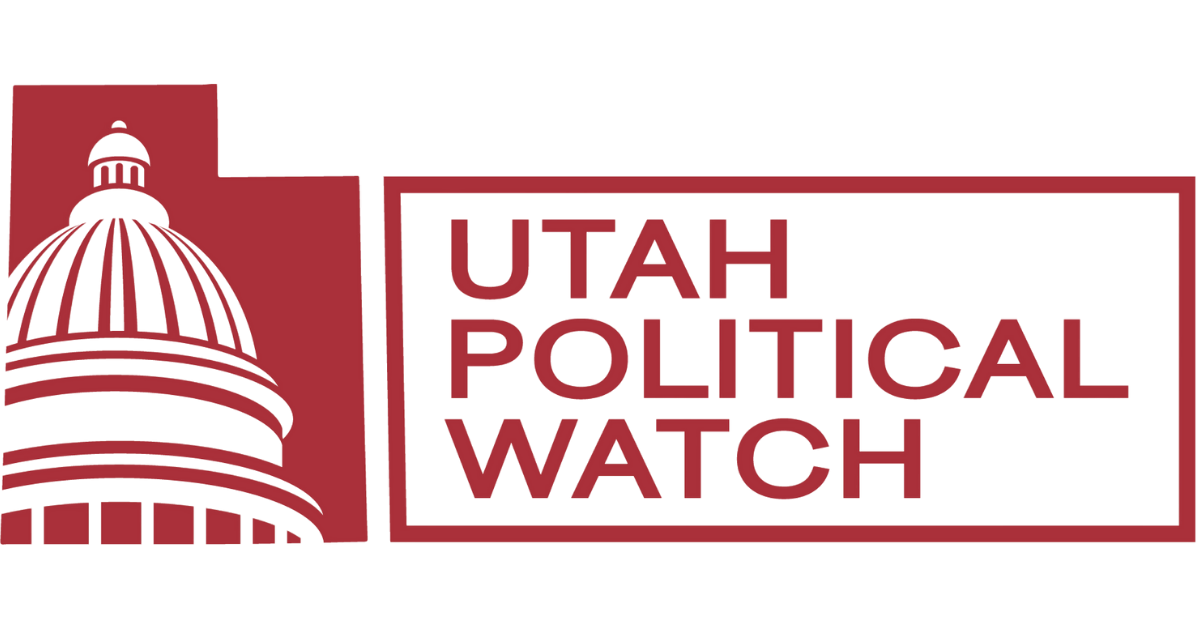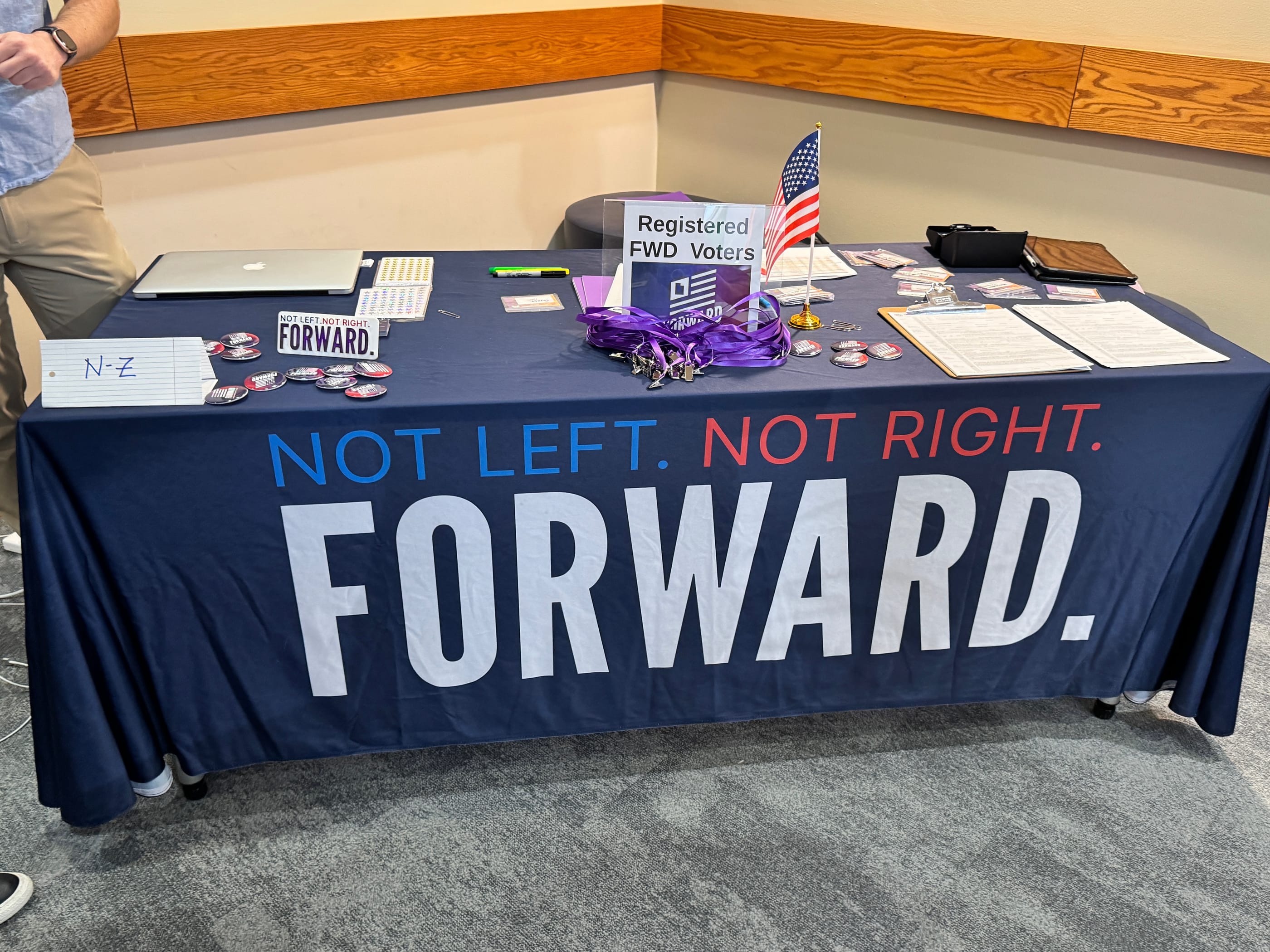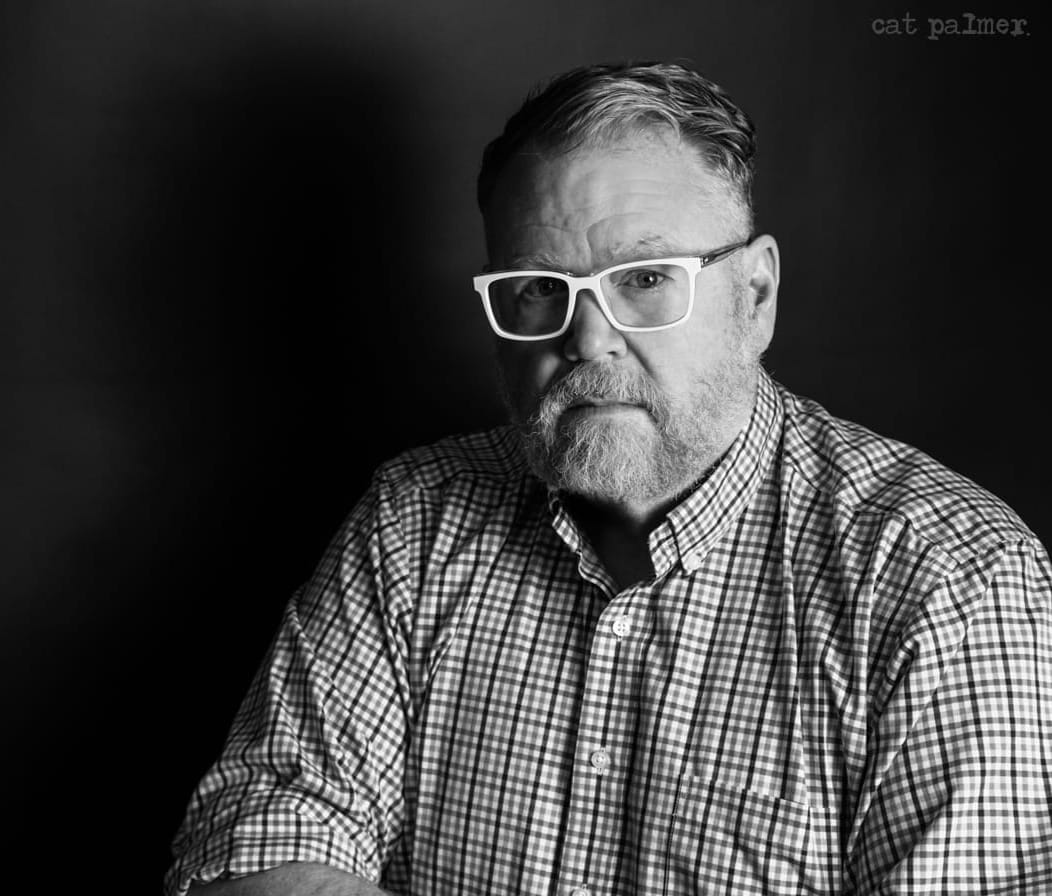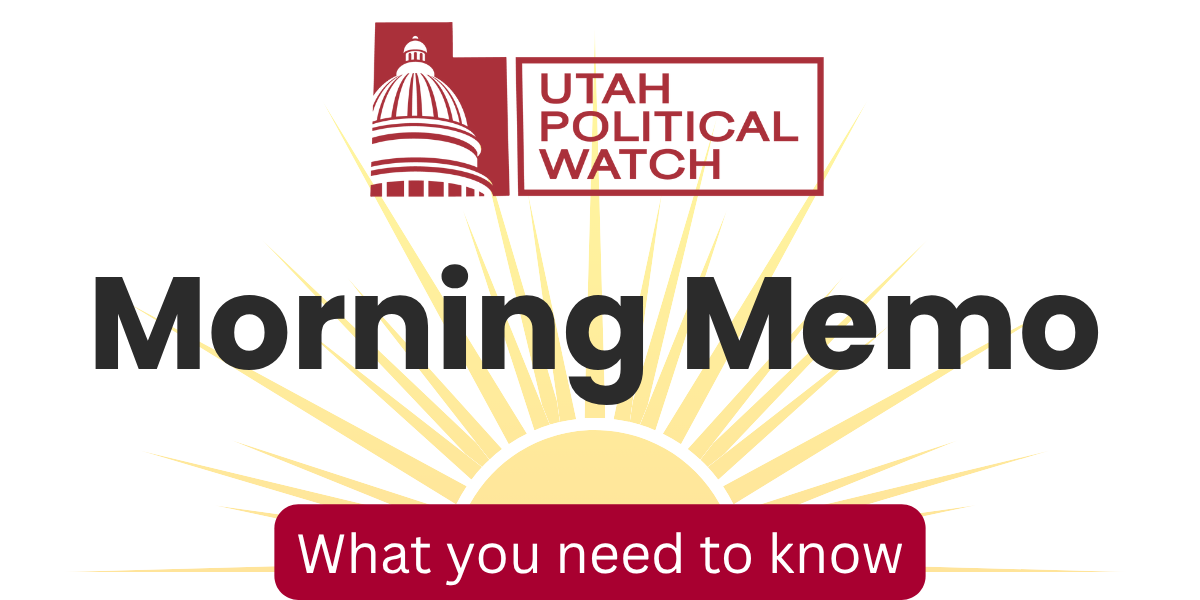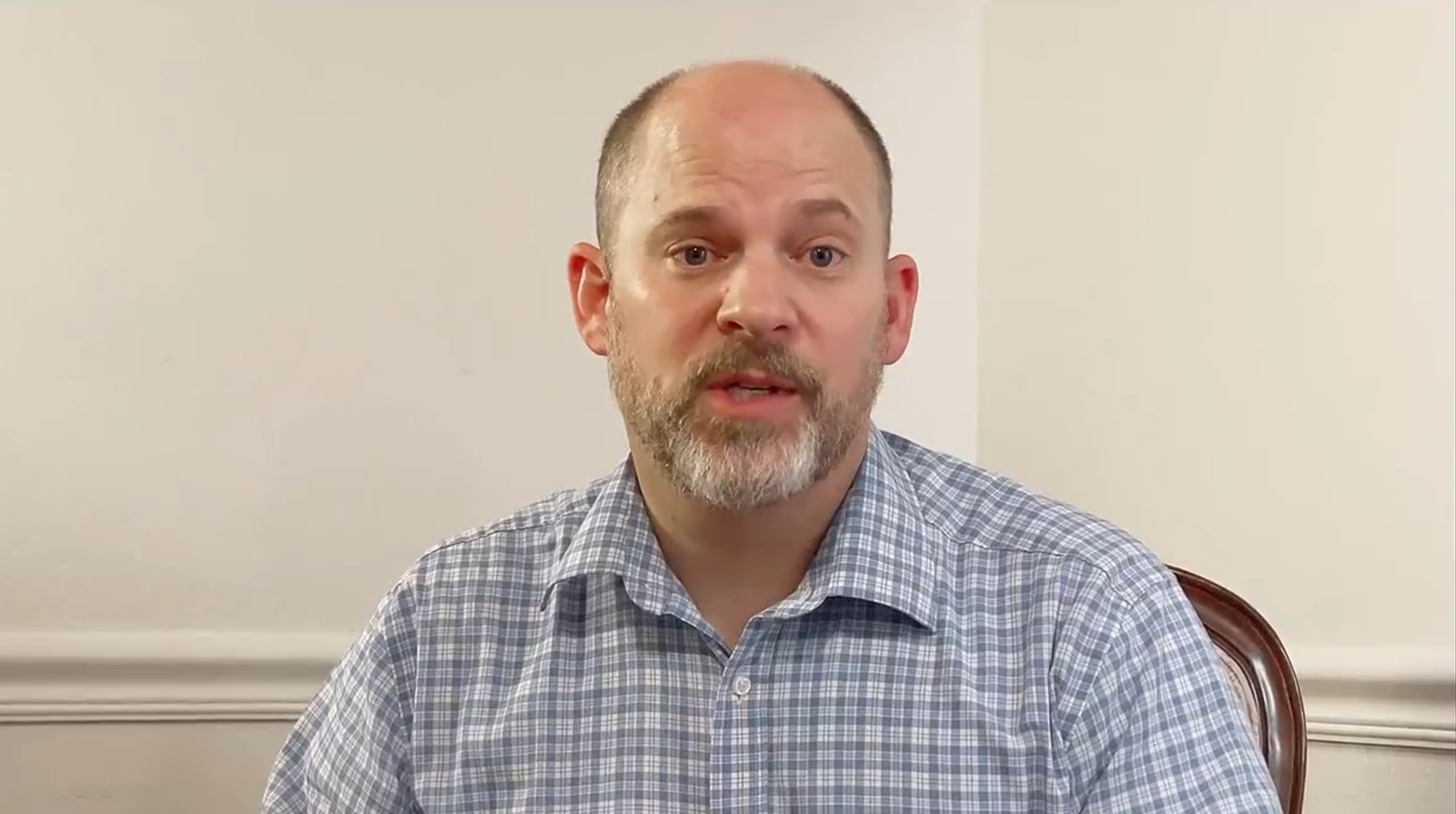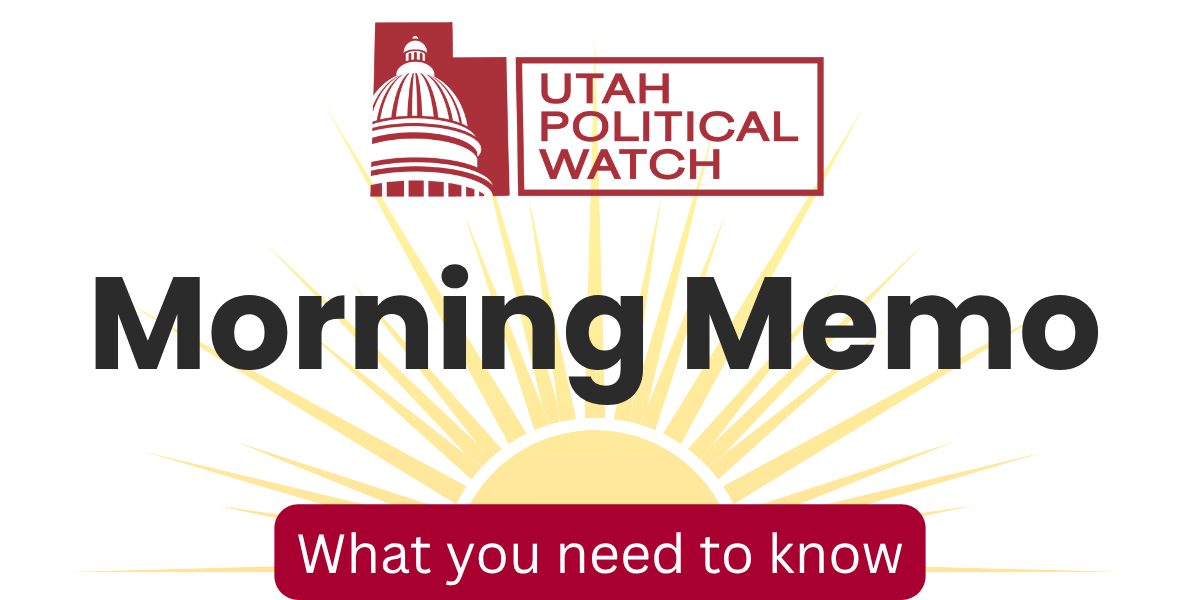When a seat opens up mid-term in the Utah Legislature, party delegates typically gather in a room and pick the replacement themselves. Fewer than 1% of voters in the district get a say. The Utah Forward Party is about to let everyone in Senate District 11 vote on who replaces Sen. Daniel Thatcher—and they're betting voters will make a better choice than the political establishment.
Independent Journalism Can't Be Bought or Silenced
No corporate ownership. No billionaire backers. Just accountability reporting that makes powerful people uncomfortable.
Start with our free newsletter or go all-in with a paid subscription and get full access and the knowledge you're funding fearless journalism.
Thatcher, who switched his party affiliation from the GOP to the Forward Party on the final day of the 2025 session, announced on Tuesday evening he plans to resign from the legislature prior to the 2026 session.
Utah law says replacements for midterm vacancies in the Utah Legislature are chosen by the same political party as the prior lawmaker. Thatcher's party switch means picking his successor now falls to the Forward Party, which has just 2,400 members statewide. They're planning to use a process that's never been tried in Utah before.
The rules are designed to negate the typical political machinery. No paid advertising. Try to outspend your opponents to gain an advantage and you’re disqualified. Candidates submit video statements, essays, and undergo social media vetting, then appeal to voters in a single online debate.
The vote to pick a replacement will be done through a preference poll and will be open to all voters in SD11, regardless of party affiliation. The party plans to use a secure online platform to conduct the poll and will implement an instant runoff method for multiple candidates.
Party Chair Michelle Quist says their process for selecting a replacement for Thatcher should show voters that there is a viable alternative to how Utah Republicans and Democrats choose replacements.
“Roughly one in four Utah legislators currently serving first assumed office through a closed-door, delegate-only special replacement process, where less than one percent of the voters in the district participate. Once appointed to office, these lawmakers enjoy a 97% incumbency reelection rate,” Quist said in a press release.
“The unprecedented process we’re launching today gives the people of District 11, all of them, the power to decide who represents them. Parties don’t own these seats. People do.”
For comparison, had Thatcher remained in the GOP, his replacement would be decided by approximately 150 Republican delegates Now, that choice is up to the 60,000 registered voters in District 11.
There is an obvious vulnerability: nothing stops the winner from switching parties once in office. The pledge to remain a member of the Forward party through 2026 is purely voluntary. Potentially, a Republican or Democrat could run as a Forward Party member, then flip parties while enjoying the incumbency advantage Quist criticized.
We’re most certainly putting our faith into the people here,” Phil Boileau, the party’s communication director, said. “We don’t expect the kind of person who purposefully and maliciously breaks their word and pretends to be something they are not for a short-term political gain to be the kind of person the people would choose to fill that seat.”
Instead of a top-down approach employed by traditional political parties, individual state and local parties allow members to decide which issues are most important to them. Candidates don’t have to follow a party platform because there isn’t one. Instead, they only have to pledge to follow general principles like respecting the Constitution, promising to support and strengthen democracy and working to find solutions to their community’s most pressing problems.
Potential candidates will have until Nov. 11 to jump into the race, with online voting to begin on Dec. 8. The winner is set to be announced on Dec. 12.
